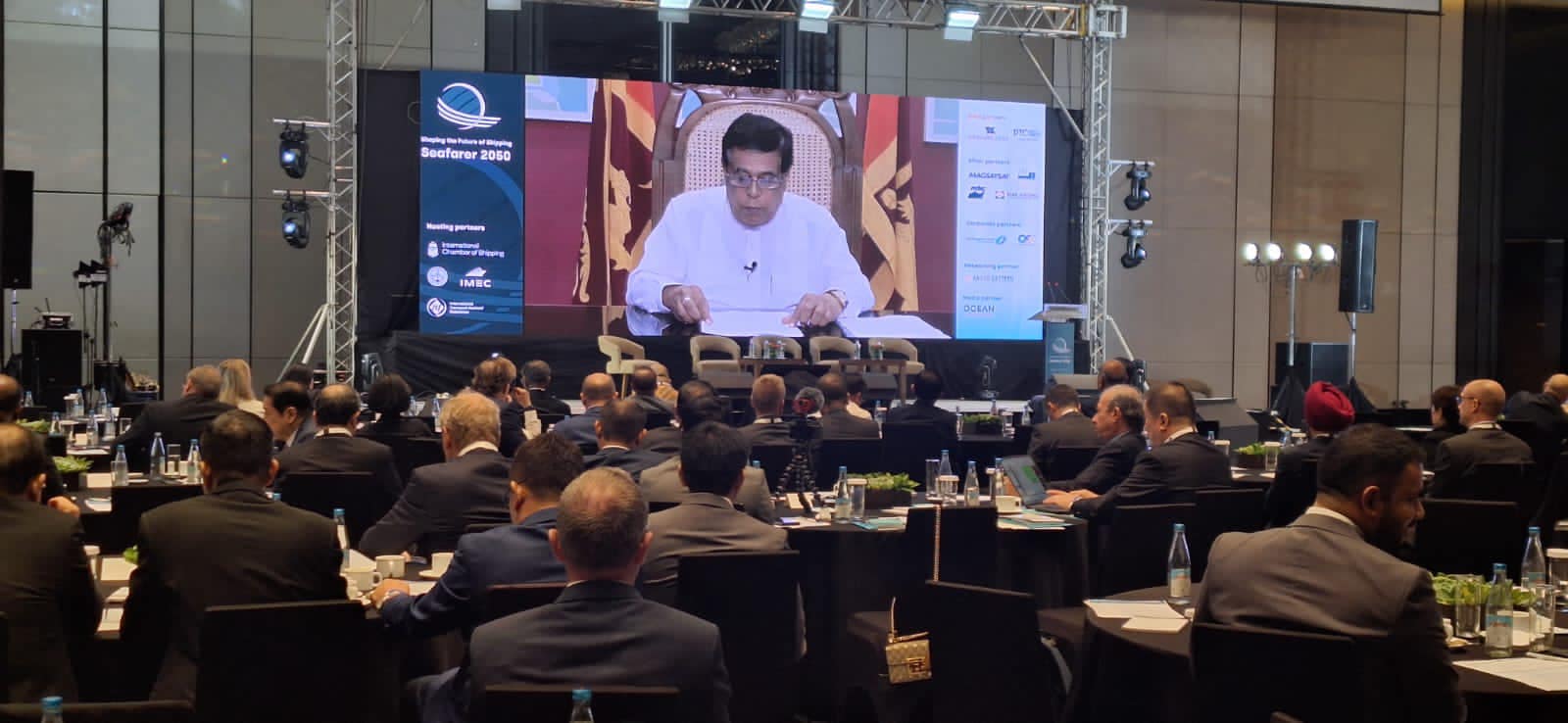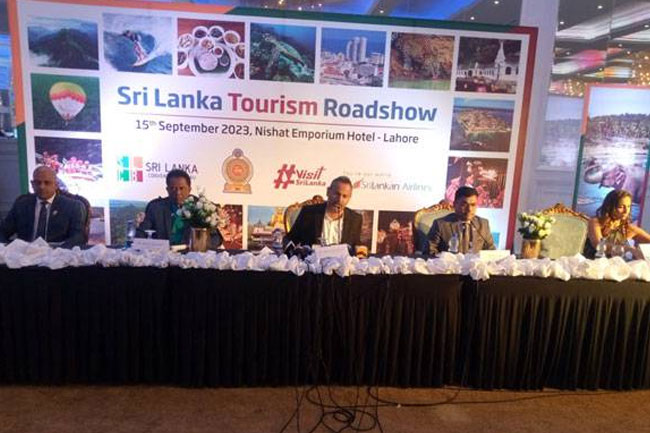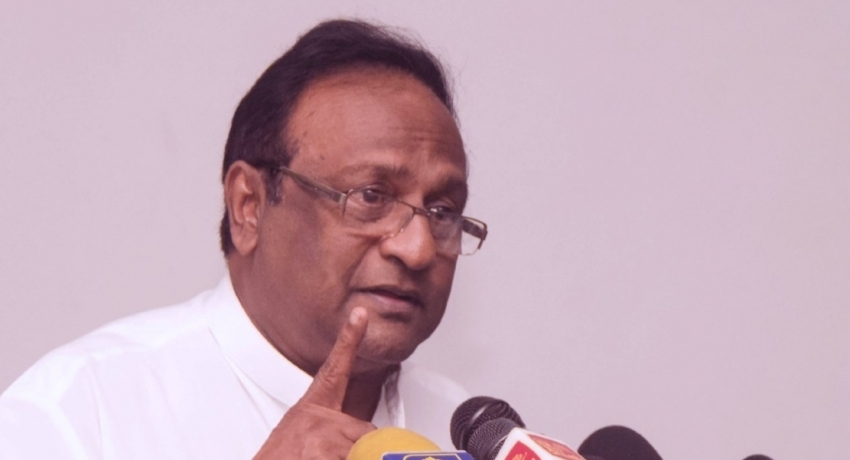The Seafarer 2050 Conference was held on 26 June 2023 at the Conrad Hotel, Manila, focusing on the theme “Shaping the Future of Shipping” with the participation of government Ministers, Regulators, Financiers, NGOs, Ship owners, industry CEOs and technology and infrastructure providers.
The event was conducted in collaboration with the global shipping sector, the International Transport Workers’ Federation (ITF) and International Maritime Employers’ Council (IMEC) to deal with the future skills requirements, education and training to deliver skilled seafarers and the new developments in the maritime industry. In addition, the Conference discussed about net zero target by 2050 in the shipping industry and industry transformation in the coming years according to the SDGs.
The opening session of the event was inaugurated by the Chairman of the International Chamber Shipping Emanuele Grimaldi, followed by the address of the President of the Philippines Ferdinand R. Marcos Jr. During his remarks, President Marcos stated that the shipping industry must adopt and integrate new developments, particularly new technologies into their fleets and reiterated the necessity of investing in a highly qualified and well-trained workforce.
At the Keynote Session, the video address of Minister of Ports, Shipping and Aviation of Sri Lanka was screened and it was focused on Sri Lanka’s views for the future of shipping and the crucial role of seafarers. During his speech, Minister Nimal Siripala De Silva emphasized Sri Lanka’s determination to become a major hub for seafarer training and employment, and to increase the number of trained seafarers to over 50,000 in the coming years.
Further, he highlighted 10 key areas that Sri Lanka is focusing on to ensure its readiness for the challenges in 2050 such as strengthening maritime education and training; collaboration with industry; embracing technology; developing soft skills and cultural competence; implementing mental health support and social security; safety and emergency response; environmental awareness; research development; regulating compliance; and continuous professional and development level international collaboration.
The program also included policy discussion on economic value of seafarers to the national economy; lessons from other sectors; the value of retraining and reskilling seafarers to ensure a just transition; and policy recommendations to support the just transition of the shipping sector.
Several panel discussions also transpired on what will the shipping industry and global trade look like in 2050. The other topics in the conference also concentrated on retention and career development of seafarers; and requirement in delivering a just and equitable transition.
Representing the Embassy, Ms. P.G.P. Kaushalya, Charge d’ Affaires, a.i., of the Embassy of Sri Lanka in the Philippines attended the Conference.





